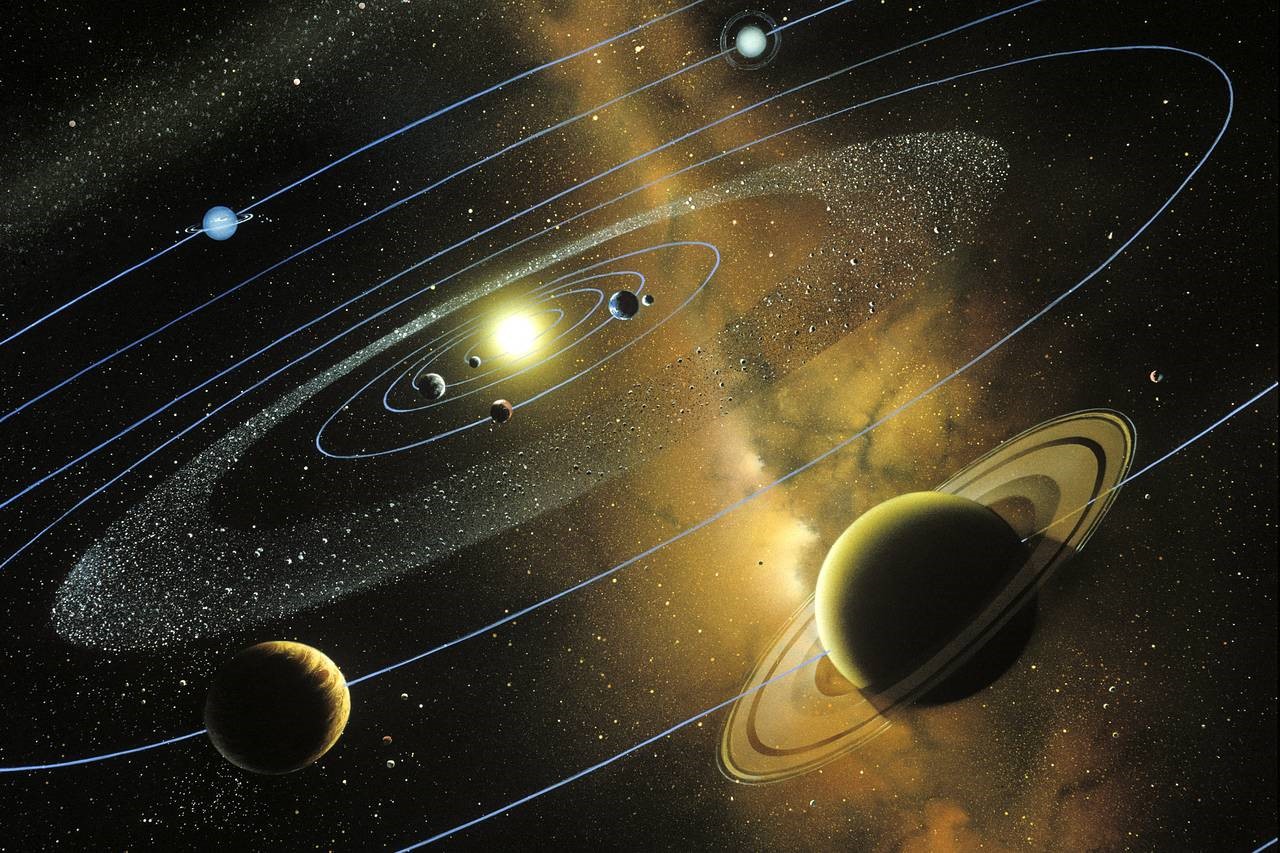The prospect of colonizing Mars used to be no more than a distant fantasy, but today it seems tantalizingly real. NASA remains committed to building a deep-space passenger capsule called the Orion. Meantime, private companies like Blue Origin and SpaceX are bringing excitement to the field. Elon Musk hopes to put 200 colonists on the red planet by 2024.
Much of the discussion about space exploration is focused on its economic benefits. Someday there could be money made from mining precious metals in the asteroid belt or shuttling tourists to off-world vacations. Space colonization eventually could create a multiplanetary economy. But what may be even more profound is space travel’s spiritual effects.
Many astronauts have had religious experiences in space. Charlie Duke, who went to the moon with Apollo 16, was inspired to become a lay witness for Christ. Jim Irwin, a Moon walker with Apollo 15, searched for Noah’s Ark after returning home. Gene Cernan, Edgar Mitchell and Rusty Schweickart have also been very public about the metaphysical effects of leaving the Earth. No doubt future astronauts will report similar awakenings.
But a few reflections from isolated astronauts won’t truly shake the world. Rather, colonizing other planets could help revive a more elevated sense of what it means to be human. For centuries, people felt so strategically positioned in the universe as to feel a preordained relationship with its underlying reality. The most primitive expression of this was the belief that humanity stood at the geographic center of the firmament.
Nicolaus Copernicus nudged Homo sapiens off their privileged celestial perch in 1543 by showing that the sun, not the Earth, is the center of the solar system. This was followed by a long line of humiliating scientific demotions, each of which made it easier for people to imagine themselves as accidentally intelligent animals, not divine favorites.
The result in our own time, as Rev. James Heiser, a Lutheran Bishop who co-founded the Mars Society, said in his 2013 address to the organization’s annual convention, is that many people have become comfortable speaking of humanity as a virus the Earth might be better off without.
After nearly five centuries of diminishing importance, the colonization of space promises to rehabilitate humankind’s self-image. We may still have to accept that we live in an obscure corner of the cosmos, but soon—for the first time in history—we may be spreading life throughout the darkness.
Not all of what settlers need would have to be lugged from Earth, explains Robert Zubrin, president of the Mars Society, in “The Case for Mars” (Free Press, 2011). Water is plentiful at the Martian poles, and oxygen is trapped everywhere on the surface as iron oxide. The planet’s methane could be used for fuel.
Earth’s moon is looking more appealing as well. Although it lacks an atmosphere, the moon has the distinct advantage of being close. Its surface has supplies of iron, silicon and aluminum, as well as traces of carbon, nitrogen and other elements needed to sustain humans.
A little further out, Saturn’s moon Titan is believed to have everything required to sustain a colony. Beyond the solar system things get hazier. The closest star to our own has at least one Earth-size planet nearby, Proxima b, which is warm enough for liquid water, although that has yet to be confirmed.
It is one thing to hear scientists discuss the fortuitous biochemistry that allows carbon-based life-forms to thrive on Earth. It will be quite another to witness the construction of human settlements on the moon, Mars and beyond. As Apollo 11 astronaut Buzz Aldrin said in 1999, space colonization is, beyond anything, “a spiritual question in the broadest sense, one promising a revitalization of humanity and a rebirth of hope.”
Humanity may not be at the geographic center of the cosmos, and we may not even be the only highly intelligent life-form. But the deeper that a chosen few of us push into space, the clearer it will be to the rest how astonishingly tuned the universe is to our presence.





